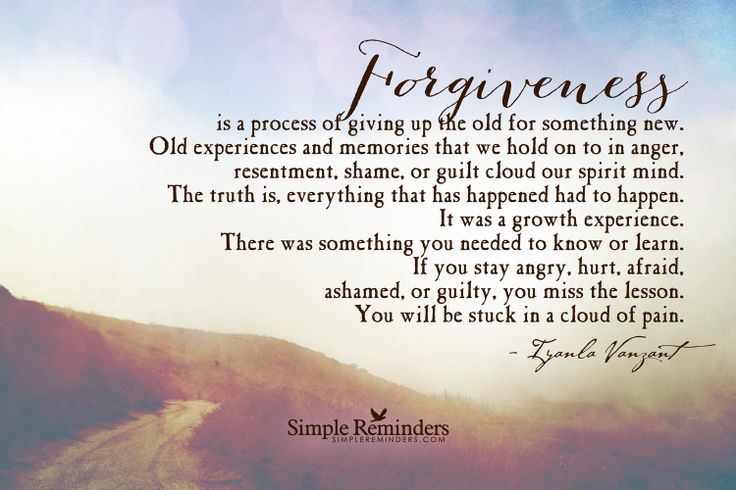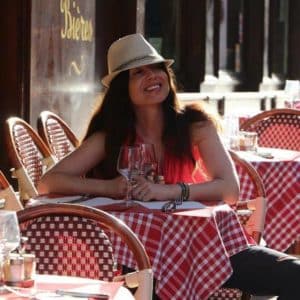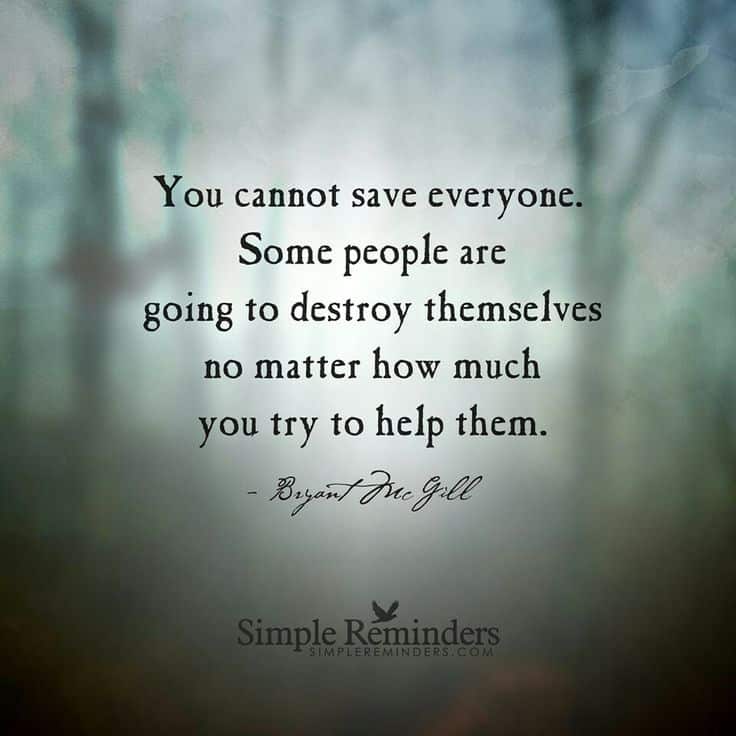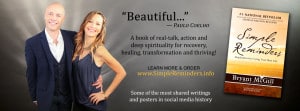I am not pretty. I am damn funny, silly and a bit quirky. Those things make me too cute, as my friends would say. I tried being pretty, but the cost was my soul. I’m fine, really fine, where I am.
My Dad, Paul Draper, is handsome. He is a classic “Steve McQueen” type. He has a sculpted chin, dark hair and green eyes. My brother David is handsome. He was a model in college. The fact that my brother was a model probably added 5 years onto the time I will spend in therapy. My mom is pretty, She has red hair and sky blue eyes. Her skin is so china bisque fair, dotted with a freckle or two. 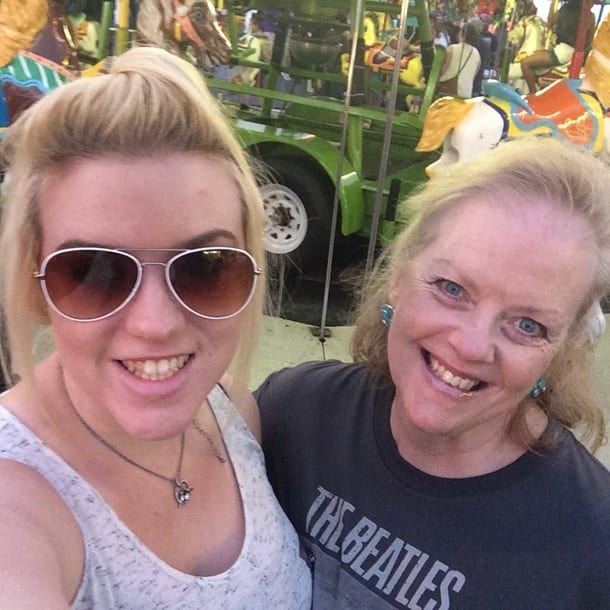
My earliest memory of my father is him beating me till I urinated on myself. I was four, and he caught me chewing on a doll’s foot. I was in my Pj’s. He struck me until the floor was soaked in urine. He then made me mop my urine up. Continue Reading…

